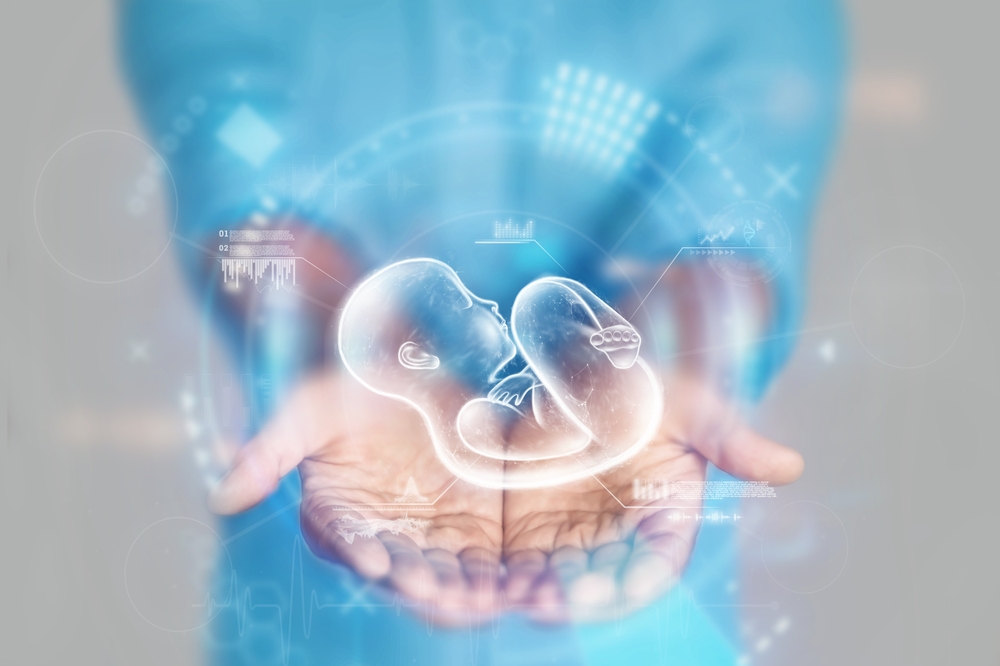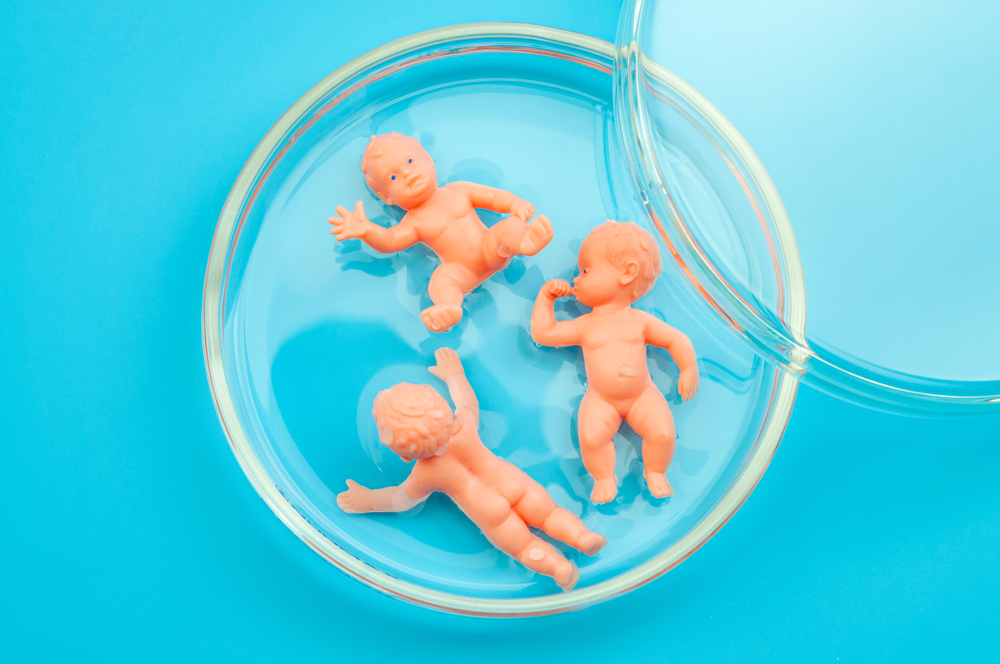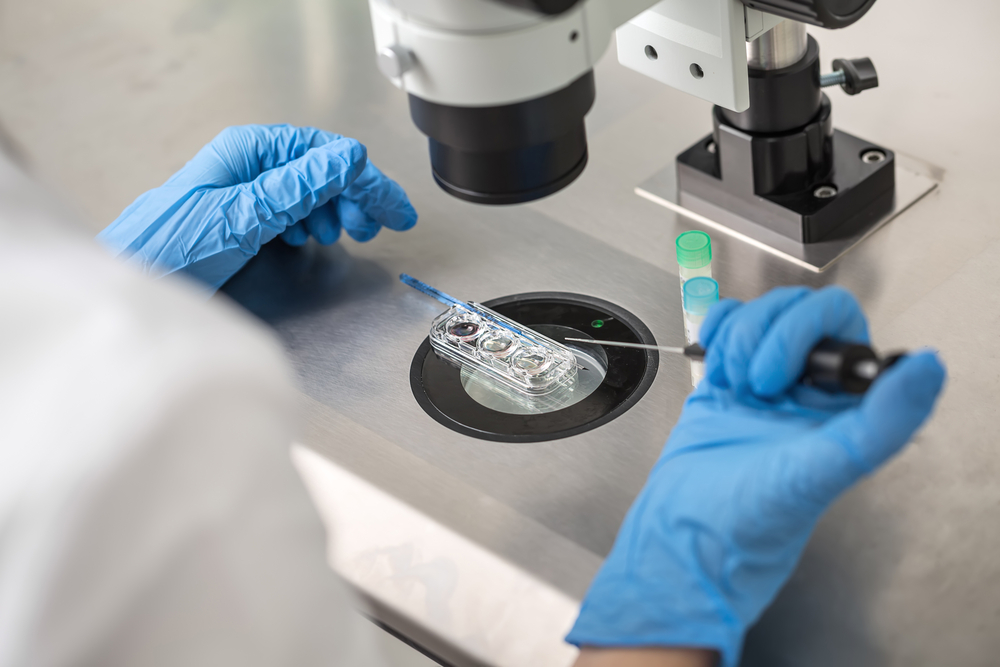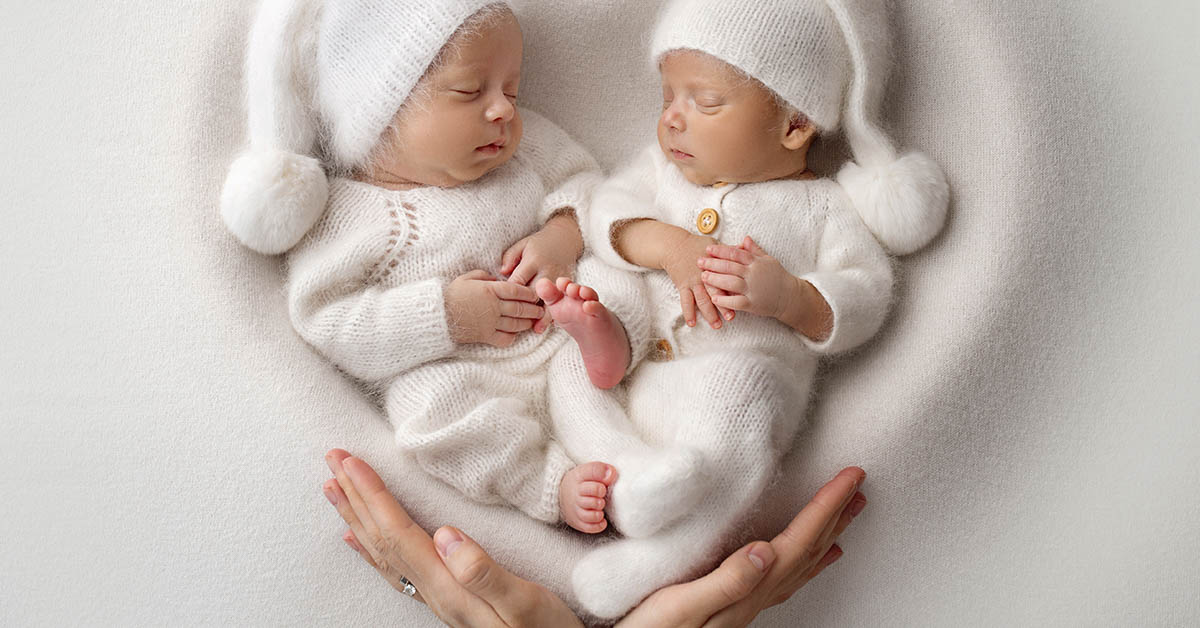In vitro fertilization is a medical process where eggs and sperm meet in a lab, then an embryo is placed in the uterus. Many individuals go through IVF pregnancies for various reasons, including blocked tubes, low sperm counts, ovulation issues, or unexplained infertility. The treatment can be life changing, but it is not simple. There are clear pros and cons to weigh, and some myths to clear up. So why does IVF increase the chance of having twins? It’s mostly due to more than one embryo being inserted at a time. Clinics now prefer single embryo transfer to lower that risk.
A Real Path To Pregnancy For Many

IVF helps when other treatments do not work. It can bypass blocked fallopian tubes, help with severe male factors, and support patients with endometriosis or ovulation disorders. For some, it offers the first real chance to start a family. Doctors can monitor each step closely, which adds a layer of control you do not get naturally. Success still varies by age and medical history. Yet for many couples and solo parents, IVF becomes the bridge from long waiting to a positive test.
Timing And Planning You Can Control

With IVF, timing is not left to guesswork. Eggs are retrieved on a schedule, embryos can be grown to the blastocyst stage, and then transferred when the uterus is ready. Some people bank embryos for later, which spreads attempts over time. You can choose a single embryo transfer to cut the chance of twins, a big change from older practice. IVF pregnancies offer a plan that can pause between steps, which helps people manage work, emotions, and money. It is structured, almost like a project plan, though life still surprises you.
Genetic Screening Options Before Pregnancy

Preimplantation testing can screen embryos for chromosome problems, and sometimes for known single gene conditions in a family. This may reduce the chance of transferring an embryo with a serious disorder. For some, it lowers the need for certain invasive tests later. It is not a guarantee of a healthy baby, and it cannot check for everything. Results need careful counseling because false positives and negatives can happen. Even with these limits, many patients find the knowledge reassuring, they feel more in control.
Expanded Family Building Choices

IVF opens doors for couples who are unable to conceive naturally. Same sex couples and single parents by choice can build families with IVF, sometimes with the help of a gestational carrier. Those facing cancer can freeze eggs or embryos before treatment, preserving fertility they might otherwise lose. These pathways bring hope, but they also bring decisions. Legal steps, religious backgrounds, ethics, and future conversations with children all deserve thought.
Medical Risks And Side Effects To Consider

The medicines that stimulate the ovaries can cause bloating, breast tenderness, headaches, and mood changes. Rarely, ovarian hyperstimulation syndrome happens, which needs medical care. Egg retrieval is a minor surgical procedure, so there are small risks from anesthesia or bleeding. After transfer, IVF pregnancy risks depend on age, health, and the number of embryos. Twins raise the chance of high blood pressure, and developing gestational diabetes. Cesarean births’s also become more common. Clinics now aim to reduce multiple babies. Still, no treatment is zero risk, but people tend to weigh benefits against these possibilities.
Risks For Babies, And How To Lower Them

The biggest risk for babies with IVF happens when there are multiples. Twins and triplets have higher rates of prematurity and low birth weight, which can mean time in the NICU. Single embryo transfer significantly reduces those risks, as singletons typically perform better. Careful prenatal care also helps, like early screening and monitoring growth. Some studies have shown small outcome differences for IVF singletons compared with natural conception, but the absolute risks remain low for most families. The best thing to do is aim for one healthy baby at a time.
Read More: Your Body is Full Of Mysterious Cells, and They Don’t Even Belong To You
Costs, Emotions, And No Guaranteed Outcome

IVF can be expensive, and coverage differs by country and by insurer. Many people need more than one cycle, which adds financial strain. The process can feel like a roller coaster, hope, then worry, sometimes grief. Success rates drop with the age of the eggs, so time also matters, especially in people’s forties. IVF pregnancies do not guarantee that the baby makes it to term. Counseling and support groups with clinics can make a big difference. Build a plan for money and mental health, not only medicine, because both matter a lot.
Ethics, Choices, And Leftover Embryos

IVF often creates more embryos than are transferred. People then decide whether to freeze, donate, discard, or, where allowed, donate to research. These choices are deeply personal and can carry legal steps. Another decision is how many embryos to transfer. Modern guidelines favor one, to avoid twins, but sometimes two are discussed in limited cases. Some patients face questions about fetal reduction in high order multiples, which can be a hard topic. Clear informed consent helps to protect everyone involved.
Making IVF Safer And Smarter Today

In the world of IVF, the field keeps improving. Lab techniques protect embryos during freezing and warming, which lifts success with frozen transfers. Better embryo selection tools are becoming available, plus single embryo transfer is more popular with clinics. This helps to lower the chance of twins while keeping strong outcomes. Lifestyle basics still count, like quitting smoking, moderating alcohol, and managing weight. It’s always best to ask your clinic about their own success rates and multiple rates, since numbers vary. IVF is not perfect, and also not for everyone, but it can be safer, smarter, and more humane than before.
Conclusion
IVF can be an expensive proceedure, but it also offers a world of options for couples and single poeple to try and have a family of their own. There are no gauretee’s, and money can be often wasted on proceedures that are unsuccesful. However, for many, the pros outweigh the cons.
If you are curious about IVF, and want to know what options are available, be sure to discuss this with your family doctor or OB/GYN.
Disclaimer: This information is not intended to be a substitute for professional medical advice, diagnosis or treatment and is for information only. Always seek the advice of your physician or another qualified health provider with any questions about your medical condition and/or current medication. Do not disregard professional medical advice or delay seeking advice or treatment because of something you have read here.
Read More: Baby Was Photographed with the 1,616 IVF Needles It Took To Conceive Her

